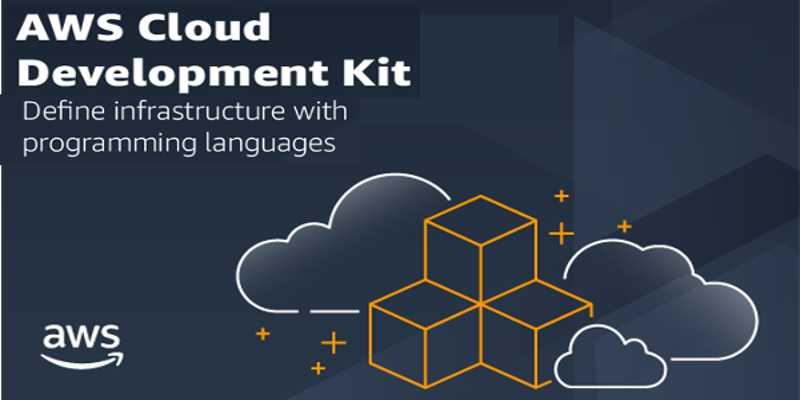AWS Developer Tools Blog
Category: Open Source
How customer feedback shaped the AWS Cloud Development Kit version 2
The DevOps movement has blurred the line between runtime code and infrastructure code, and it’s no surprise that engineers want to write both in the same language. This is why we created the AWS Cloud Development Kit (CDK), which enables you to define your cloud Infrastructure as Code (IaC) using the familiarity and expressive power […]
Announcing preview release for the generational mode to the Shenandoah GC
The Amazon Corretto team is excited to announce the preview release for the generational mode to the Shenandoah GC. This is a result of our collaboration with Red Hat on a significant GC contribution: the addition of a generational mode to traditional single generation Shenandoah. One of the primary advantages of Java is that the Java […]
Testing CDK Applications in Any Language
The AWS Cloud Development Kit (AWS CDK) is an open source software development framework to define your cloud application resources using familiar programming languages. Because the AWS CDK enables you to define your infrastructure in regular programming languages, you can also write automated unit tests for your infrastructure code, just like you do for your […]
Experimental construct libraries are now available in AWS CDK v2
The AWS CDK v2 experimental APIs are now available as separate packages, in addition to the existing stable APIs. The AWS Cloud Development Kit (AWS CDK) is an open-source software development framework to model and provision your cloud application resources using familiar programming languages. With the AWS CDK, you can define your infrastructure as code […]
How we halved the publish size of modular AWS SDK for JavaScript clients
On December 15th, 2020, we announced the general availability of the AWS SDK for JavaScript, version 3 (v3). In v3, the modular packages reduce the bundle size of your application by ~75% as compared to that in AWS SDK for JavaScript, version 2 (v2). However, v3 had a large publish/install size for each modular package. In […]
Announcing new AWS SDK for Swift alpha release
We’re excited to announce the alpha release of the new AWS SDK for Swift. Since 2010, AWS Mobile has provided customers with an iOS SDK, written in Objective C. While this SDK has served the iOS community for over a decade, the Swift community has grown in size and expanded to other platforms such as […]
Announcing new AWS SDK for Kotlin alpha release
We’re excited to announce the alpha release of the new AWS SDK for Kotlin! Kotlin is one of the most-loved languages amongst developers and now the AWS SDK for Kotlin makes it easy to call AWS services using idiomatic Kotlin APIs. You can use the native Kotlin language constructs you are used to, have mobile support […]
Introducing Amazon S3 Transfer Manager in the AWS SDK for Java 2.x
We are pleased to announce the Developer Preview release of the Amazon S3 Transfer Manager – a high level file transfer utility for the Amazon Simple Storage Service (Amazon S3) in the AWS SDK for Java 2.x. Using Transfer Manager’s simple API, you can now perform accelerated uploads and downloads of objects to and from […]
Announcing the end of support for Node.js 10.x in the AWS SDK for JavaScript (v3)
Starting January 1, 2022, AWS SDK For JavaScript (v3) will no longer support Node.js 10.x which was EOL on April 30, 2021. We encourage you to upgrade to Node.js 12.x or later. We recommend Node.js 14.x which was released on April 21, 2020 and became active LTS on October 27, 2020. Motivation As Node.js 10.x version […]
Construct Hub Developer Preview
We are excited to announce the Construct Hub developer preview. It is a one-stop destination for finding, reusing and sharing constructs authored by AWS, AWS Partner Network partners, third parties, and the developer community. In the preview version of the website, we list constructs for Python and TypeScript programming languages. CDK constructs are cloud architecture building […]








